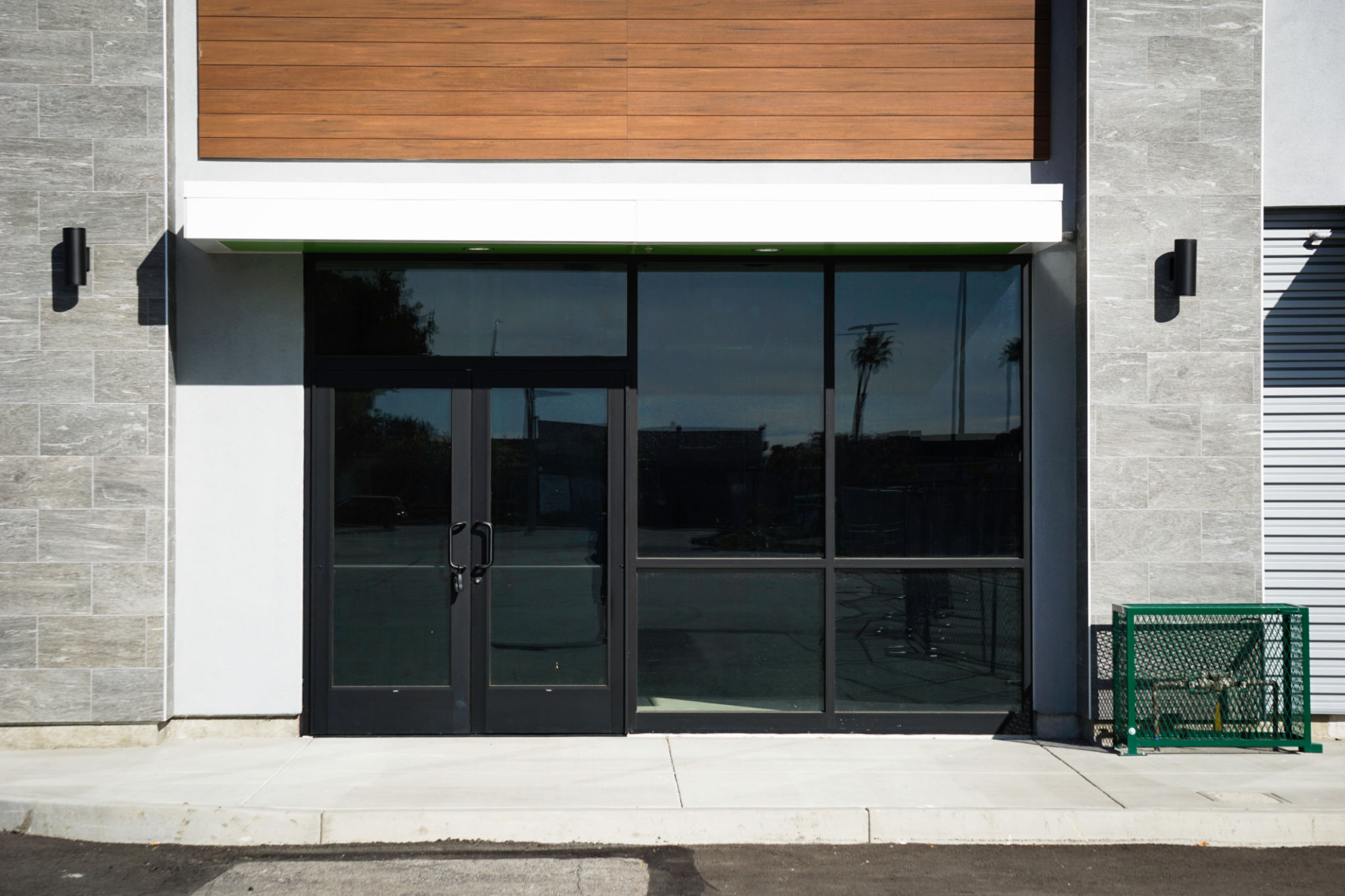How to Select Energy-Efficient Commercial Doors for Your Business
JD
Understanding the Importance of Energy-Efficient Doors
When it comes to running a business, every decision can impact your bottom line, including the type of doors you choose. Energy-efficient commercial doors can significantly reduce heating and cooling costs, improve comfort, and contribute to a more sustainable environment. It's essential to understand what makes a door energy-efficient to make the best choice for your business.

Key Features of Energy-Efficient Commercial Doors
Energy-efficient doors are designed with features that reduce energy loss. These features often include high-quality insulation, airtight seals, and durable materials that withstand various weather conditions. When selecting a door, look for models with a high R-value, indicating better insulation properties.
Insulation Materials
The type of insulation material used in a door is crucial for its energy efficiency. Common materials include polyurethane foam, polystyrene, and fiberglass. Polyurethane foam offers excellent insulation and is widely used in both residential and commercial doors.

Sealing Techniques
Proper sealing is vital to prevent air leaks that can lead to energy loss. Look for doors with weatherstripping and gaskets that create tight seals when the door is closed. Additionally, ensure that the door installation is done professionally to avoid gaps that can compromise efficiency.
Considerations for Different Business Types
Different businesses have different needs when it comes to energy-efficient doors. For example, a retail store with frequent customer traffic may require automatic sliding doors, while a warehouse might benefit from insulated roll-up doors. Consider the specific requirements of your business when choosing a door.

Climate Considerations
The local climate plays a significant role in determining the type of energy-efficient door you should select. In colder regions, doors with higher insulation levels are essential, while in warmer climates, doors that reduce heat gain are preferable.
Evaluating Cost vs. Benefits
While energy-efficient doors may come with a higher initial cost, they offer long-term savings on energy bills. Calculate the potential savings over the door's lifespan to understand its true value. Investing in quality doors can also increase property value and enhance business reputation.
Incentives and Rebates
Many governments and organizations offer incentives and rebates for businesses that invest in energy-efficient solutions. Research available options in your area to reduce the upfront costs associated with upgrading to energy-efficient doors.

Making the Final Decision
After evaluating all factors, it's time to make an informed decision. Consult with experts in commercial door installations to ensure you choose a product that meets your business needs and maximizes energy efficiency. Consider seeking recommendations from other business owners or reading reviews from trusted sources.
By selecting energy-efficient commercial doors, you're not only optimizing your operational costs but also contributing to environmental sustainability. This investment is a step towards a more efficient and responsible business practice.
